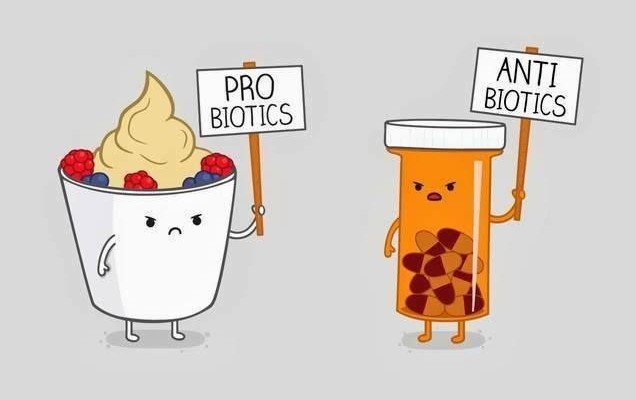Recent concern about the use and possible overuse of antibiotics has driven a widespread interest in natural ways to build and sustain a healthy intestinal environment.
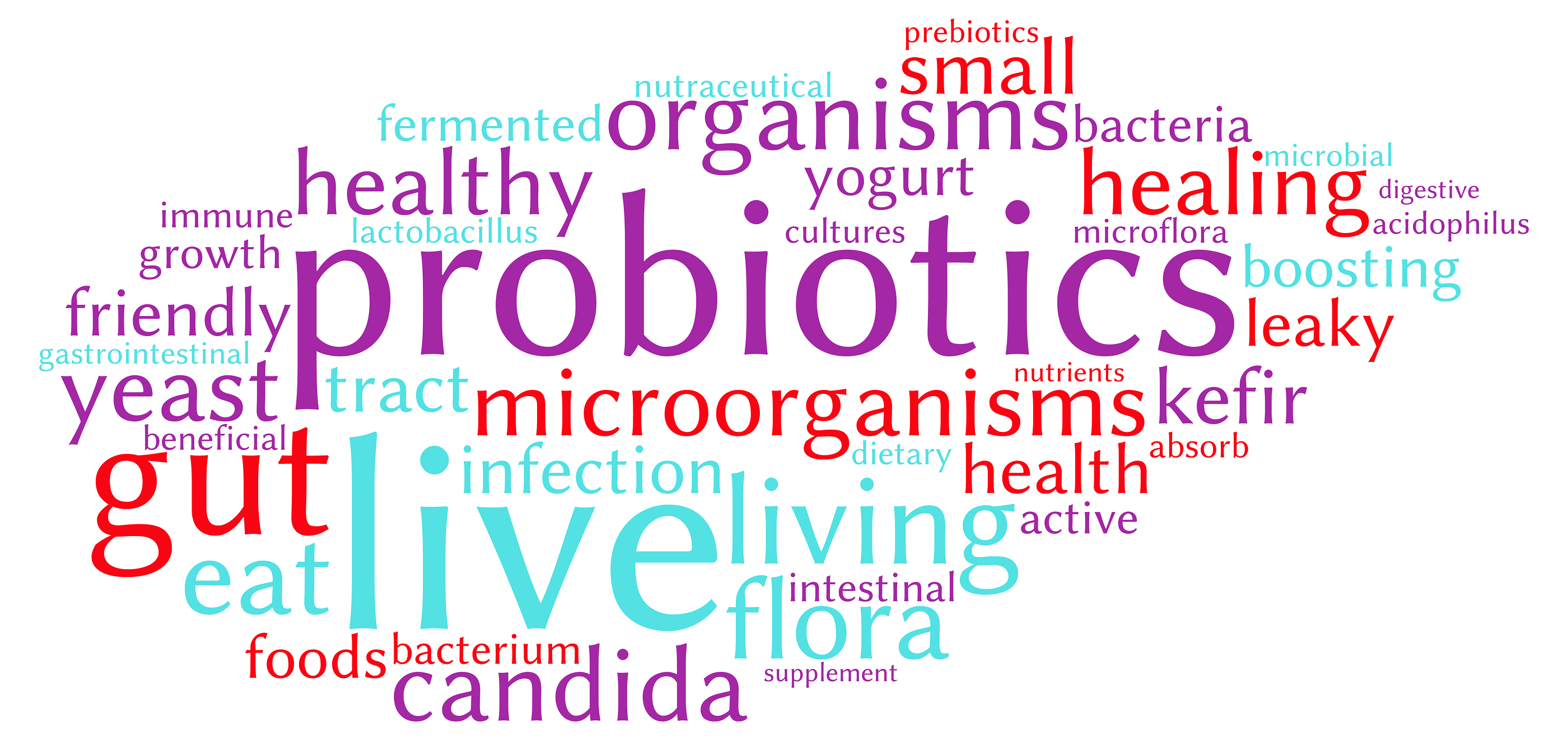
I would always encourage clients to repopulate their healthy gut flora following a course of antibiotics, and as a country, we’re becoming much more aware of the role that probiotics play in supporting our immune system, energy levels, digestion and overall health.
But what exactly are probiotics?
Literally translated as ‘for life’, probiotics are the beneficial or ‘friendly’ bacteria normally found in our digestive tract. As the name suggests, they’re absolutely essential to life.
Dysbiosis
Dysbiosis is the name given to a state of disrupted bacteria in the gut, in which the ‘unfriendly’ type begins to have damaging effects on the body because it has overtaken the levels of ‘friendly’ bacteria. Usually, our gut bacteria keep a healthy balance by each strain ensuring that no other strain can dominate.
Some of the main reasons for developing dysbiosis can include a high refined carbohydrate diet, a low fibre diet or allergies to certain types of food. It can also be caused by stress, low immune system, infection, antibiotics, excess yeast, parasites or viruses.
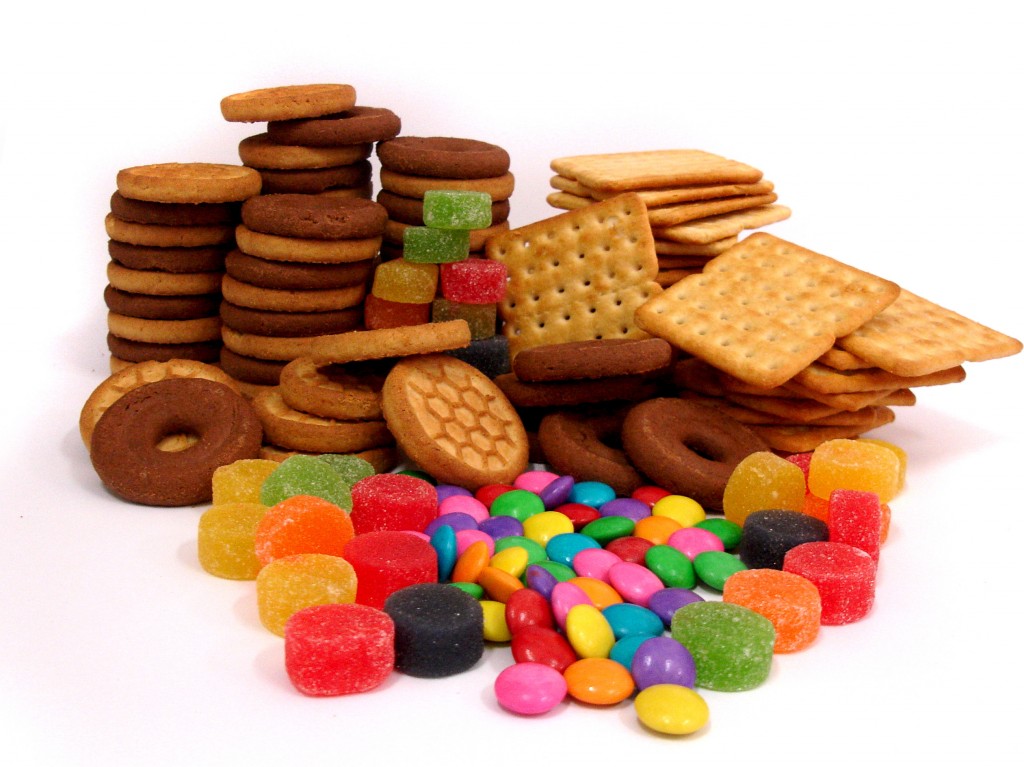
Antibiotics are so commonly prescribed now for all types of infections and illnesses, that more and more people may be at risk of developing dysbiosis. Antibiotics are extremely important in certain situations, but they can kill off the bad and good bacteria that keep our immune system healthy.
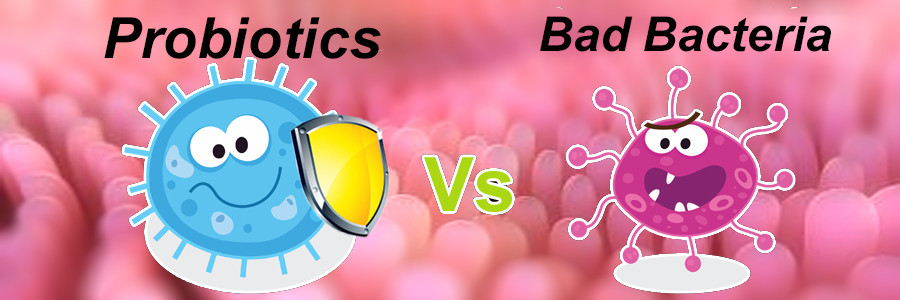
As tiny babies, our digestive tracts are sterile. Almost immediately, breast milk and other factors begin to colonise our gut with mostly friendly and harmless bacteria. As we grow up, more and more different species of bacteria begin to divide in our intestines, building our natural defence system. They help to digest our food properly, to prevent yeast and other ‘unfriendly’ types of bacteria from overgrowing, create fatty acids to keep intestinal cells strong and healthy, and they produce vitamin K.
The most commonly used types of probiotics in supplements are acidophilus and bifidobacteria, though there are approximately 400 to 1000 different species of bacteria in a normal gut. In fact, there are about nine times as many bacteria in our intestinal tract as there are cells in our body!
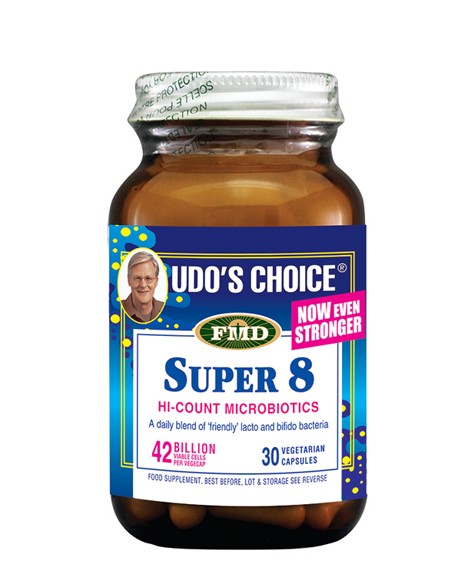
Along with a high-quality probiotic supplement, such as Udo’s Choice Super 8 (€26.99), it can be very beneficial to include fermented foods and drinks in your diet regularly to help support a healthy gut environment. These include kefir, kimchi, sauerkraut and even apple cider vinegar has probiotic benefits.
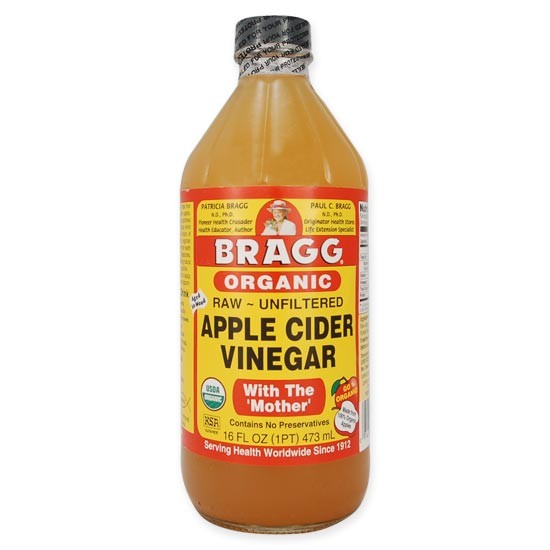
Prebiotic Foods
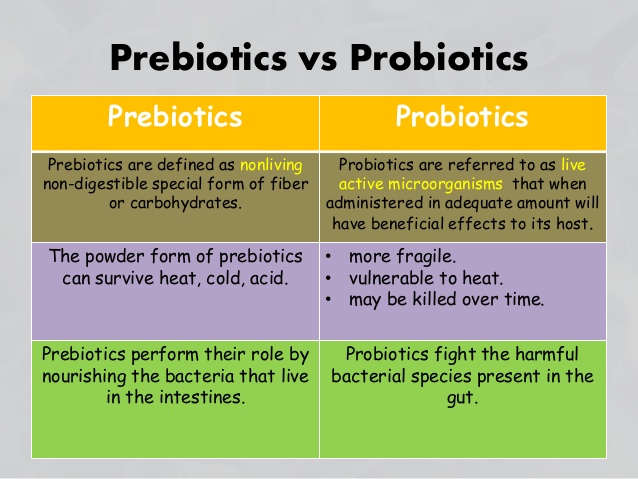
Not to be confused with probiotics, prebiotics also play an important role in your digestive health, metabolism, weight management and overall health.
Thanks to the consistent and methodological work carried out by researchers in microbiology, huge progress has been made in the understanding of gut bacteria, and studies have shown promising benefits from using prebiotic foods in people struggling with digestive disorders.
Quite simply, prebiotics are indigestible food fibres that help to boost the growth and maintenance of your ‘friendly’ gut bacteria. In other words, they’re a brilliant asset for your health goals as they allow your gut microbes to work hard so you can reap all the benefits.
While you don’t digest prebiotics, your gut bacteria uses them as essentially a free meal to power them in their endless work for you. They’re food for your friendly gut flora. Prebiotics are soluble fibre as opposed to insoluble fibre, which is the bulking agent to help push your food smoothly through your intestines.
Inulin and oligofructose are the two main types of prebiotic fibre, and have been shown to increase the levels of friendly bacteria in your gut.
Butyric acid is an extremely beneficial type of short chain fatty acid, made by prebiotics in the colon and is used as a primary source of energy for the cells lining your gut. Studies show that it can boost your metabolism, improve stress levels and immunity, and helps to protect the health of our intestinal cells.
The Best Foods for a Healthy Gut

Whole plant foods are the best source of both prebiotics and butyric acid. These include sweet potatoes, raw bananas, raw leeks, raw garlic, raw onions, raw asparagus, raw chicory, whole grains, beans, fruit and nuts. The higher the fibre the better, as clinical trials show that the more dietary fibre eaten, the more butyrate is produced, and vice versa.

